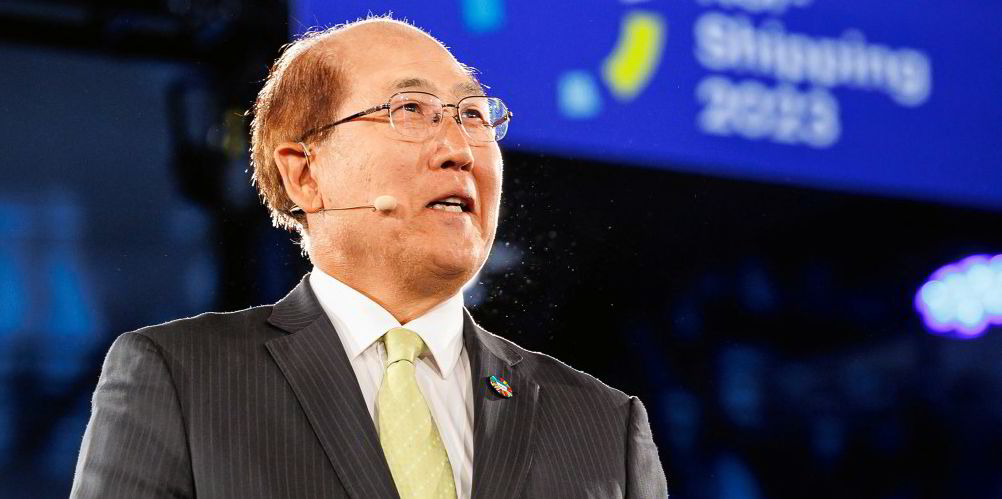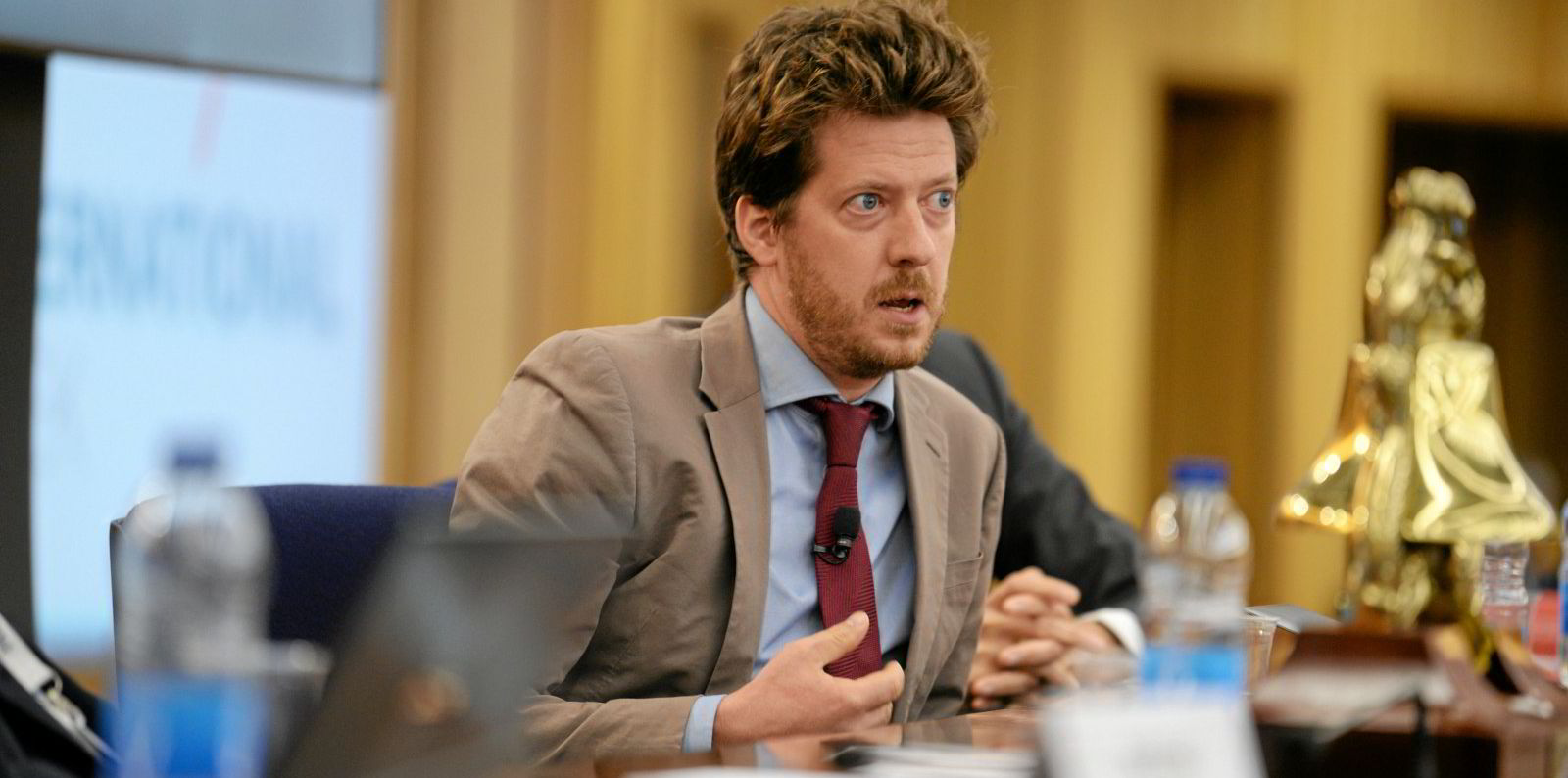Kitack Lim has defended the International Maritime Organization’s revised strategy to reduce greenhouse gas emissions against criticism that it does not go far enough.
Last week at an environment meeting, the IMO agreed that the industry should target a 30% reduction in emissions by 2030, followed by cuts of between 70% and 80% by 2040.
By “around” 2050, it wants to achieve a net-zero carbon emissions, but has allowed flexibility for countries depending on “different national circumstances”.
Speaking at a press conference following the IMO meeting, Lim said the 2030 target, although close, is achievable with the current regulation in place.
He said the 2040 target of a reduction of up to 80% in emissions is not a soft option and will prove a tough task.
“I am not concerned about 2030, I believe that target is already on the way to being accomplished, but for 2040, we will have a real challenge,” he said.
The secretary general praised IMO delegates for what he described as “a monumental development that I believe opens a new chapter towards maritime decarbonisation”.
The main current greenhouse gas reduction regulation to achieve the 2030 goal rests with the Energy Efficiency Design Index, which sets minimum energy efficiency standards for newbuildings and is continually being strengthened.
In addition, there is the Energy Efficiency Existing Ship Index and the Carbon Intensity Indicator (CII), which rates the energy efficiency of ships on an annual basis.
The CII will be reviewed in 2026 with the intention of strengthening it.
The long-awaited economic measures that would introduce a carbon levy or carbon pricing mechanism have been put under review and will be ready for introduction in 2027 at the earliest.
It is part of a basket of measures intended to help the industry meet the 2040 target.
The other main measure is a global fuel standard, which will set limits on the carbon intensity of marine fuels and is scheduled to be introduced around the same time.
Lim steps down as secretary general at the end of this year.
In his final year, he has seen the Hong Kong International Convention for the Safe & Environmentally Sound Recycling of Ships reach its entry-into-force requirement, and the IMO agree to target zero greenhouse gas emissions in the next two decades.





